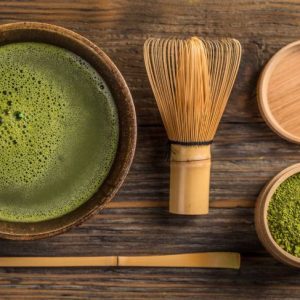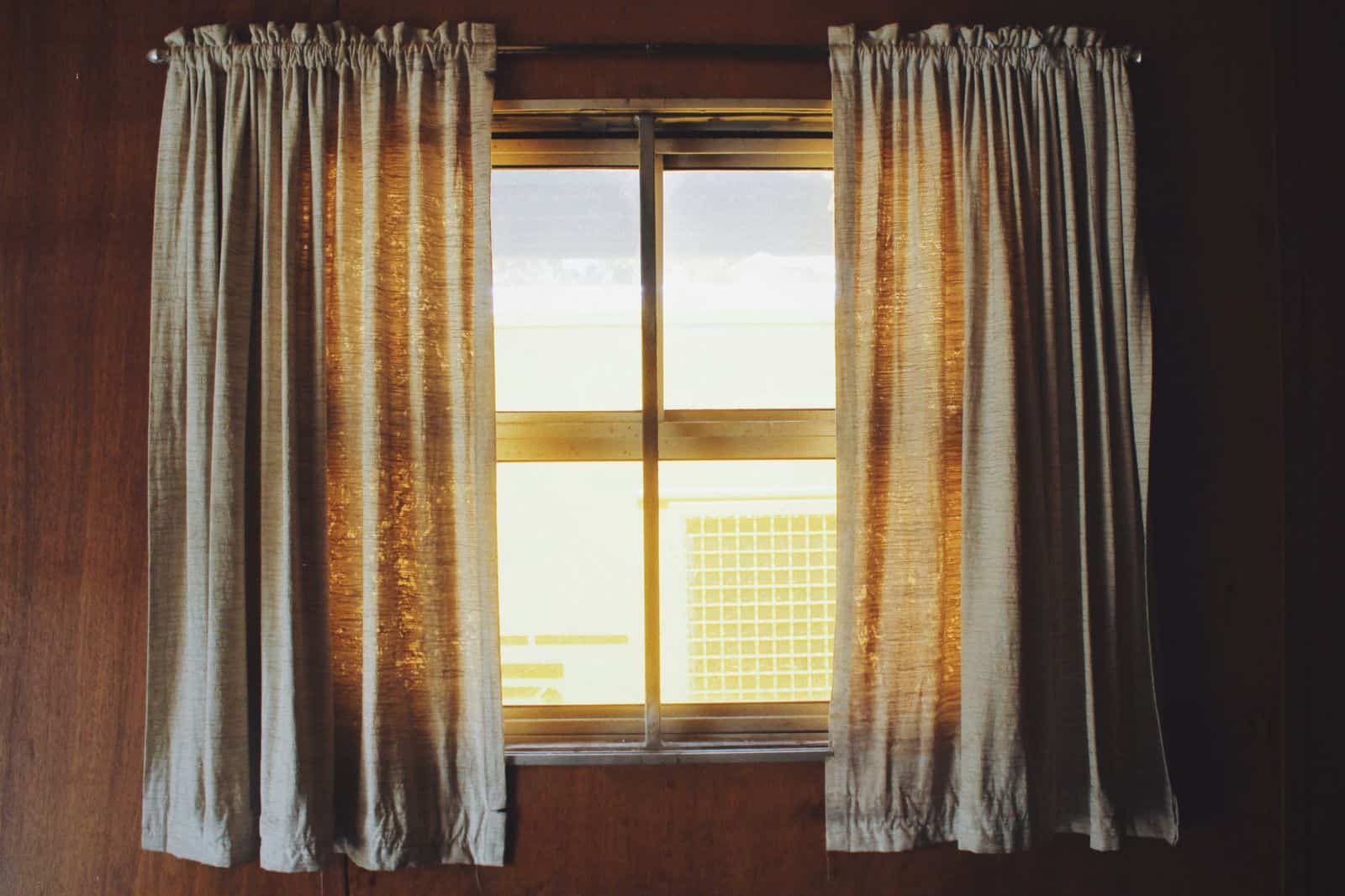كيف تحمي نفسك من الجفاف في رمضان ؟

لابد ان الصيام لساعات طويلة يمكن ان يصيبك في الجفاف مالم تدرك تفادي هذا الجفاف , فكيف تحمي نفسك منه بافضل طريقة ؟
ما هو الجفاف؟
المقصود بالجفاف هو تعرض الجسم لانخفاض شديد فى كمية السوائل فيه – والتي تمثل فى الوضع الطبيعي نسبة 70% من مكونات الجسم – بسبب زيادة نسبة فقدان السوائل عن طريق العرق وخلافه، ونقص نسبة دخول السوائل للجسم لتعويض المفقود. وتكون هذه الحالة محتملة أثناء الصيام في شهر رمضان بسبب ارتفاع درجات الحرارة، الذي يسبب فقدان كميات كبيرة من سوائل الجسم، بالإضافة إلى الامتناع عن الشرب خلال فترة الصيام، وفق موقع Daily Medical Info.
أعراض الجفاف في رمضان
الدرجات الطفيفة من الجفاف ترتبط بعدد من الأعراض منها جفاف الفم، النعاس وانخفاض درجة النشاط، العطش، نقص كمية البول، الصداع، وجفاف الجلد.
أما المراحل المتقدمة من الجفاف فقد يزيد عليها أعراض مثل عدم التعرق، عدم تكون بول، انخفاض ضغط الدم، تسارع النبض والتنفس، والغيبوبة.
الإجراءات الوقائية
لأن الوقاية خير دائماً من العلاج، وحتى تستطيع التمتع بصيام صحي، ننصحك باتباع هذه الإرشادات للوقاية من الجفاف.
1- لا تستسلم للشمس
يجب الابتعاد قدر الإمكان عن التعرض المباشر للشمس، والحرص على التواجد فى أماكن معتدلة الحرارة أو أماكن ظليلة. و إذا كان لا مفر من التعرض للشمس، يمكن الاعتماد على ارتداء قبعة فوق الرأس، والعمل بطريقة معتدلة تضمن عدم حدوث إرهاق مفاجئ بسبب التعرض للشمس.
2- لا تنس السوائل بعد الإفطار
الحصول على كميات كبيرة من السوائل طوال فترة ما بعد الإفطار يساهم بشكل كبير في حماية الجسم من الجفاف خلال فترة الصيام في اليوم التالي.
كما أن تجنب بعض المشروبات، مثل القهوة والكولا والشاي والمشروبات المحتوية على كافيين أو كميات كبيرة من السكريات يساعد على الحماية من الجفاف الذي تسببه هذه المشروبات.
3- لا تستهين بالأطباق الرمضانية
تعتبر بعض الأطباق الرمضانية بشكل ما من عوامل تدعيم قدرة الإنسان على محاربة آثار الجفاف، إذ يعتبر قمرالدين مثلا من الأطباق التي تلعب دوراً في منع حدوث مشاكل المعدة المرتبطة بتراكم الأحماض الهضمية، بسبب نقص السوائل في الجسم.
4- لا تعتمد على الماء فقط
من المؤكد أن الماء له دور أساسي فى حفظ توازن السوائل فى الجسم، لكن لا يجب أن ننسى دور العصائر الطبيعية، والفواكة الأخرى التى تحتوي على كميات كبيرة من السوائل، بالإضافة إلى العديد من الفيتامينات والأملاح والعديد من العناصر الهامة في توازن سوائل الجسم. ويشمل هذا الليمون والفراولة والبرتقال.






